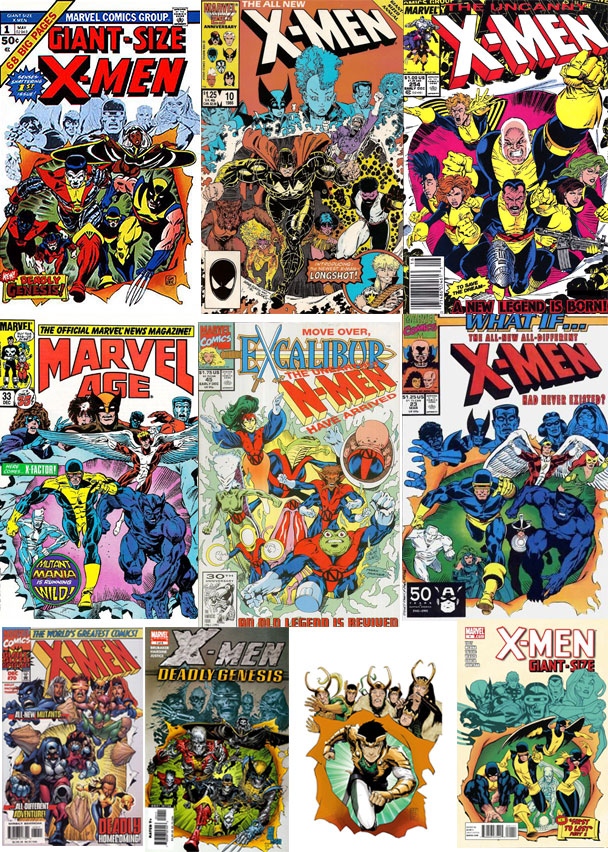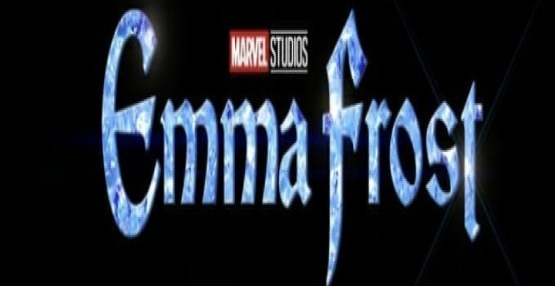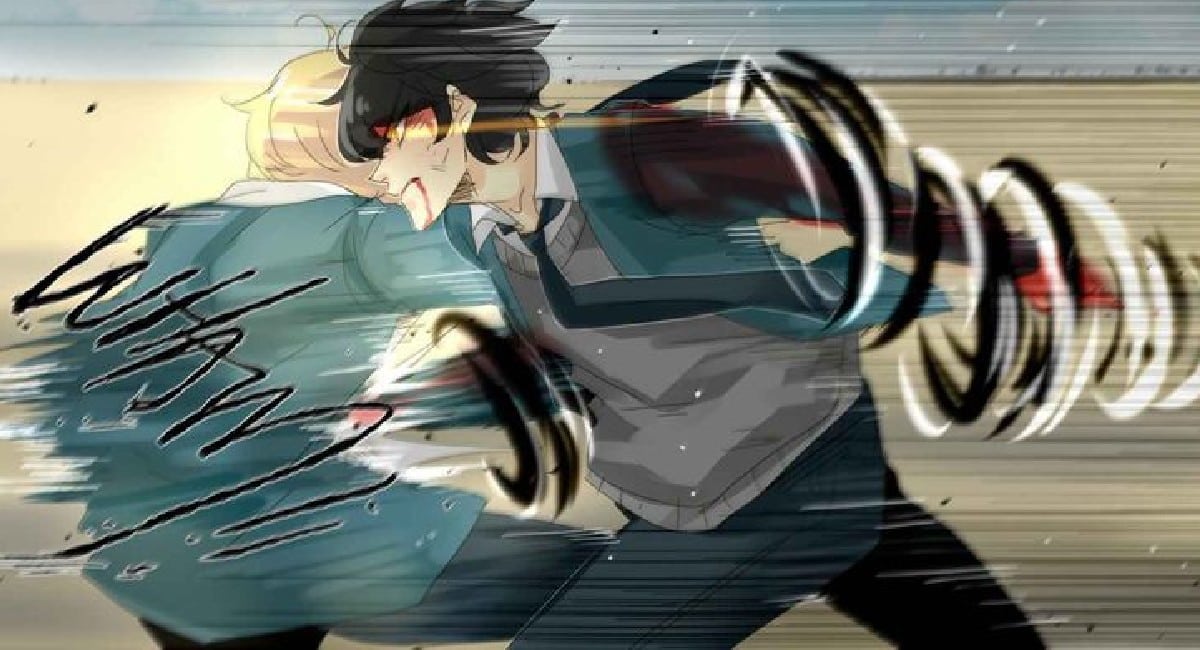Wes Daugherity, host of Thinking Critical, recently examined the decline of so-called “fake geek girls” in the comic book industry and the damage he believes they caused. Daugherity describes the last decade as a period when outsiders, often seeking attention rather than genuine engagement, were “allowed to hijack comic books for like 10 or 15 years.” He points out that both male and female fans raised alarms early on, but these warnings were ignored. According to Daugherity, “we probably underestimate the amount of damage that was done that needs to be kind of corrected over the next decade.”
He highlights that fake geek girls crowded out real fans by focusing on surface-level trends, such as characters from the Marvel Cinematic Universe, while lacking knowledge about comic book history or creators. Daugherity says, “These posers don’t care about stories. They care about the image. Their superficial interest pressures the industry to prioritize short-lived trends rather than creating meaningful long-lasting content that fans actually want.” As a result, publishers produced trendy but shallow content, which failed to connect with dedicated readers and led to a dilution of the fanbase.
Cosplay culture at conventions also shifted, according to Daugherity. He notes that conventions became more about photo opportunities than celebrating the stories and characters that built the industry. Daugherity admits, “I never really thought about how it could actually destroy comic books, but the writer did specifically bring this up in an article all the way back in 2012. Obviously, it was irking them. And then when I kind of thought about it… yeah, that kind of was a bad thing, wasn’t it? I thought it was good because, you know, cosplay is cool, but it actually did some damage.” He points to events like Marvel’s Hellfire Gala, which he believes were designed more for cosplay appeal than for storytelling.
Daugherity also criticizes the push for token diversity, saying that demands for more female superheroes led to the creation of characters like Ironheart and Ms. Marvel, but these titles rarely sold. He explains, “while they demand this stuff, you know, nobody ever really engages with the demands. They don’t actually follow through on it. You don’t actually get sales.” Publishers, eager to appear inclusive, produced more tokenized content, but this did not translate into real support or sales, resulting in a glut of poorly developed characters and stories that did not resonate with the established fanbase.

He further addresses the issue of artificial hype, particularly with titles like Captain Marvel. Daugherity recalls, “It turns out the Carol Corps was like the most astroturfed movement in comic book history. It wasn’t real. It was just a bunch of people… going out there and saying that you’re doing something without doing anything and never backing up what you’re saying.” This led to publishers overprinting books that did not sell, leaving retailers with unsold inventory and destabilizing the market.
Daugherity’s assessment, which matches our coverage on the “Whisper Network” here on Bleeding Fool, is that the influence of fake geek girls has done lasting harm to the comic book industry. As the trend fades, he believes there is a chance for the industry to recover by focusing again on authentic storytelling and the interests of genuine fans. He suggests that lessons from this period should not be forgotten, stating, “at this point, I think gatekeeping your hobbies is probably pretty smart to make sure that you’re letting people be influential that actually like what’s going on and like the history and the characters and all that kind of stuff, not people that are coming in with an agenda, just kind of want to destroy things, which is kind of what happened over here over the last several years”
What do you think? Sound off below in the comments.
****



















 English (US) ·
English (US) ·